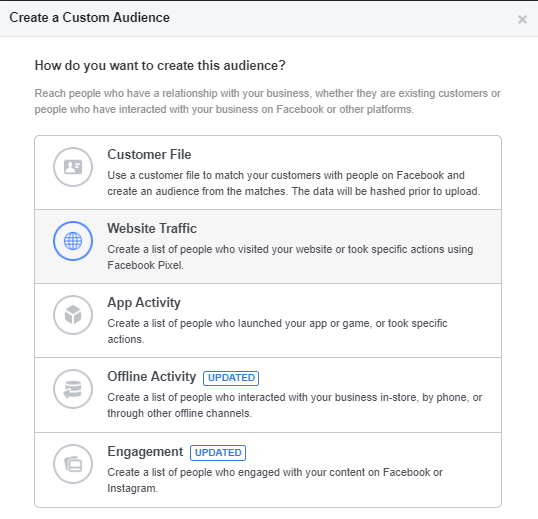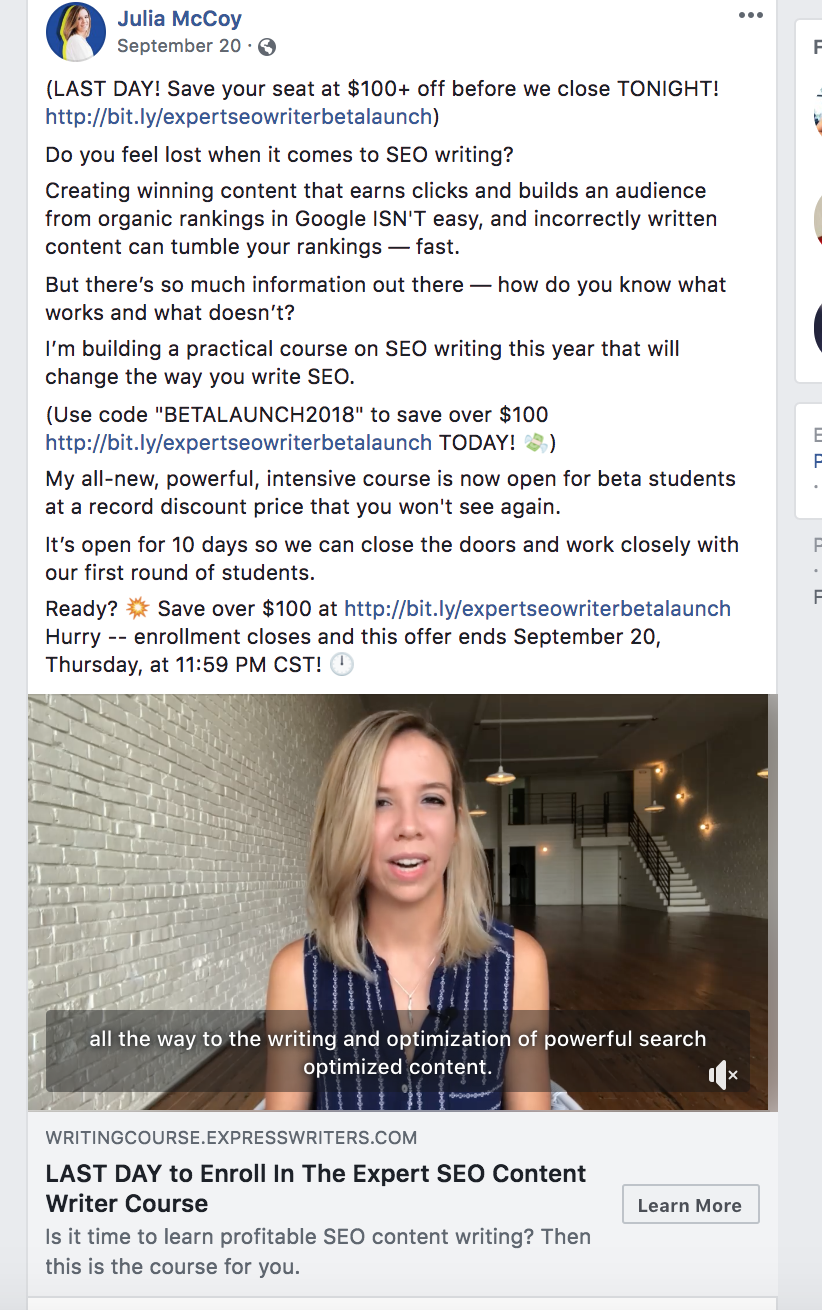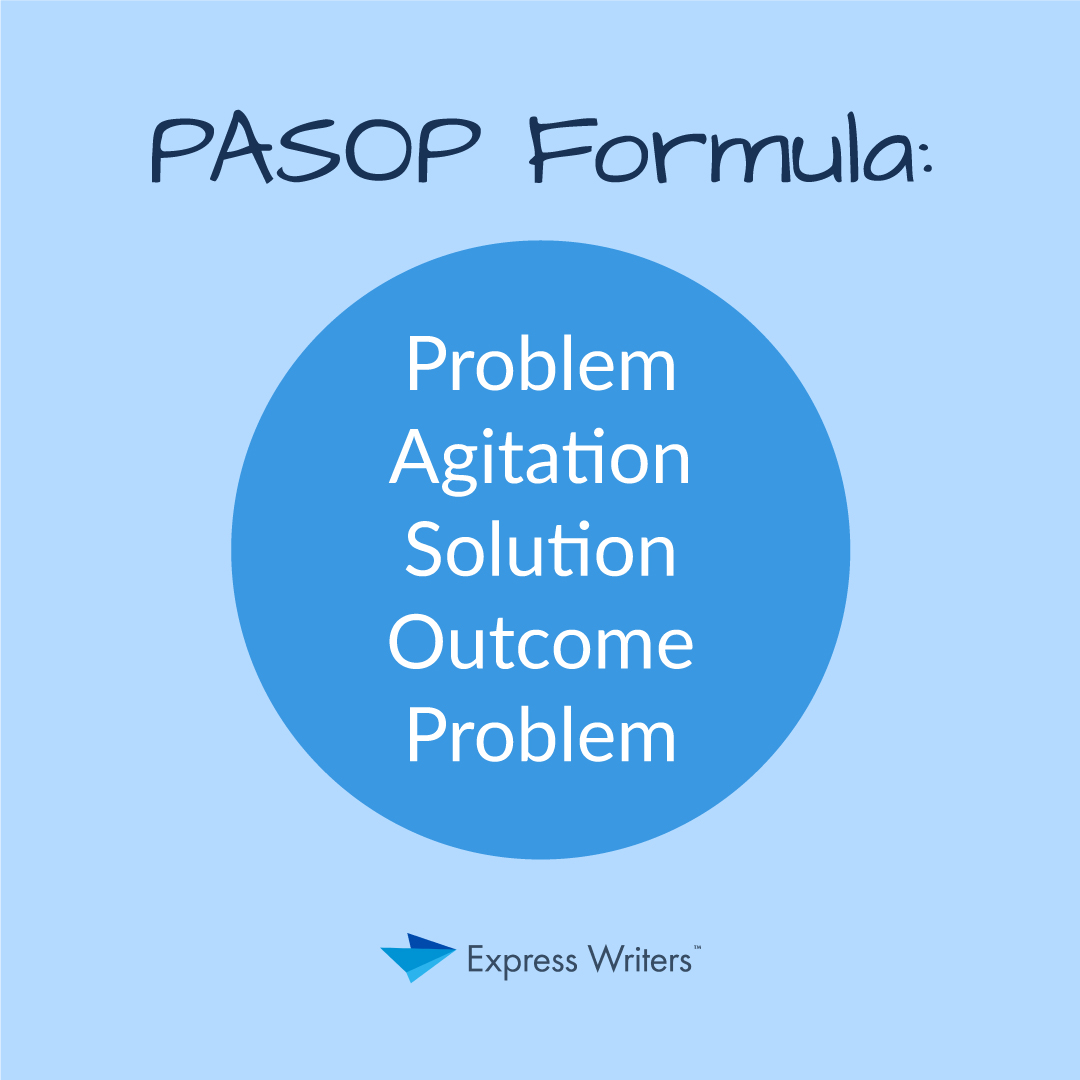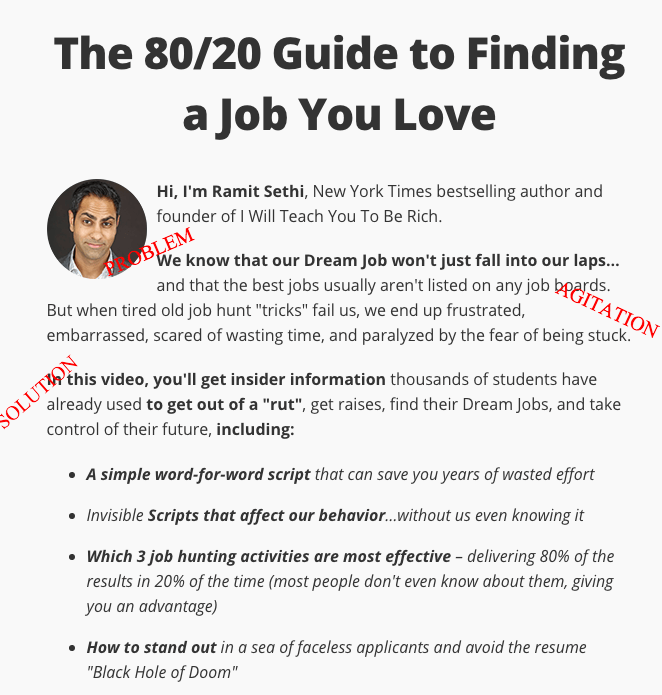You have a product you’re passionate about.
You’re gearing up to launch that baby into the world.
What’s a low-cost, high-impact way to do it?
How do you make waves and get people interested, especially the fans that already follow you on social media?
And how do you not turn them off in the process with an overly salesy sales message?
You’re supposed to be social on social media, right?
But how do you balance it when selling a product?
Good questions.
The answer, as I found out, is to use social media the right way.
This is how I found out: Early fall of this year, I launched a 1-week intensive training course called The Expert SEO Content Writer Course.
After 6-7 years spent writing over 1,400 SEO blogs and hiring/managing a full team of content writers, I was ready to share this knowledge by launching my second online course.
In the process of telling the world about my writing course, I learned a lot about how to use social media to promote a product.
Now, it isn’t my first time to the course rodeo – I’ve wrangled a five-figure launch with another course I published, The Content Strategy & Marketing Course, which went hand-in-hand with a book I published on Amazon that became an industry bestseller.
I learned what to do (and what not to do) after hiring a lot of so-called experts when launching that first course. In other words, I learned from my mistakes and focused on DIY-ing a lot of the social media side this time around the ring. That also means I set a tiny budget for myself to promote the writing course.
Guess what?
The variation in strategy paid off!
My approach resulted in great ROI and lots of interest in my product.
So, what, exactly, did I do to make this such a success?
How did I approach social media promotion this time?
Well, I’m here to share that with you right now.
4 Ways to Use Social Media to Earn Product Sales Without Turning Your Customers Off
The following tips apply to a 10-day launch, which I did for my course, so these tips specifically apply to an open and closed product launch.
For evergreen launches, you can set this up the same way, except with evergreen copy.
Ready to learn how to promote a product/service on social media on a low budget?
1. Warm Up Inbound Leads with a Strong Product & Message
For one, it’s far, far cheaper to retarget existing leads when you sell a product or service using social media, than it is to target cold leads.
In the next four points, which contain actionable tips you can use right away, I’ll show you exactly how to target these kinds of leads.
So, start by thinking inbound – it’ll be so much easier than outbound.
Next, the quality of the content in your messaging matters so much for an effective “selling presence” on social media.
Don’t shortcut your product. Build a good one. And don’t shortcut the message, copy, videography, and marketing around it, either.
Marketing and product fundamentals, 101. Build a great product. Promote with great marketing.
Your product and your message must be equally strong.
I’m a professional copywriter and content marketer, yet I still enlisted the help of several of my top writers with the social media copy around the course. I wanted excellence.
Here’s the kind of effort a high-quality message around a high-quality product looks like:
- Scripting every single video.
- Taking the time to film product videos in a nice studio.
- Enlisting a conversion copywriter to help you compose every message that goes out on social media or email about your product.
Yes, that takes a lot of time and money, but it’s exactly what I did when launching my new writing course. And we made huge ROI during the launch – 10x ROI from the costs put in.
Quality will pay off.
This care and attention to detail left a great impression with my leads.
When people saw that I’d invested in my marketing quality, they were more apt to invest in my product. (Interesting!)
High quality is huge.
This is one error I made with my first product launch. I didn’t put in the necessary quality when it came to really scripting and creating great messages for social media.
For your own launch, don’t slap together some social posts and call it done.
Carefully plan out what you’ll say, when you’ll say it, and how you’ll say it.
For best results: aim to make the quality of your promotion match the quality of your product.
2. Do Low-Budget Facebook Retargeting
One of the best tips I have for social media promotion is to do a low-budget retargeting ad on Facebook.
This ad technique simply targets all the existing visitors you received on your website (ideally, this will be the site where you’re selling your product) as soon as they log into Facebook.
This tactic is incredibly effective. Retargeted ads get an average click-through rate that’s 10x higher than the average CTR for display ads.
Plus, it’s easy to set up and a great way to keep your product “top of mind” for very little money.
On a budget of only $5/day, I achieved 250x ROI in sales on average.
Small investment, big returns.
How to Create a Facebook Retargeting Ad:
1. Set up a Facebook Pixel
Before you can retarget to existing website visitors, you need to install a snippet of code on your website.
This code places a cookie on the user’s computer, which will send information about their browsing history (like which pages they viewed on your website) back to Facebook.
To set up the pixel, go to your Facebook Ads Manager and click on “Audiences”.
![]()
Click “Create a Custom Audience”. On the next screen, click “Website Traffic”.

On the next screen, you’ll be able to choose exactly what kind of website traffic you want to retarget.
When you’re ready, click “Create Audience”. (This will create your pixel, which will now be available to select when you choose the audience for your retargeting ad.)
2. Add the Pixel to Your Website
To add your newly-created pixel to your website code, in Ads Manager return to the “Audiences” section. Your new campaign should be listed.
Select it, then click on “Actions” and “View Pixel”.
![]()
Follow the instructions on the next screen to install your pixel code on your website.
![]()
3. Create an Ad Using Your Pixel
Once you have the pixel added to your Facebook account in Events Manager and installed on your site, it’s time to create your retargeting ad.
You’ll select your pixel under “Audience” as you set up your ad with a budget.
Here’s how I set up my ad:
![]()
My budget was $5/day and the ad was set up to run within a specific timeframe.
During this step, you also need to choose your ad format. Mine was set up for an offer and a video.

The offer was set up to expire on the day the course closed for enrollment.
I went in and edited the ad text every day for the 10-day launch.

Boom. There you have it – a super low-budget way to remind people who have already engaged with your brand about your product launch.
3. Tell True, Inspiring Stories
Another hot tip for social media promotion: Use your platforms to tell stories.
Don’t just write two sentences – dig in and get real.
I did this with organic written “stories” to my Instagram and Facebook accounts. I posted before, during, and after the product launch.
One example that did really well was this Instagram post where I told a story in the caption:
View this post on Instagram
A post shared by Julia McCoy (@fementrepreneur) on Aug 9, 2018 at 9:44am PDT
I focused on telling a true, behind the scenes story, and everyone in my follower list resonated with it.
That’s the beauty of selling a great product to the right niche – it can be easy to position correctly.
A few tips for writing stories in social media posts:
- Keep it simple, true, and inspiring
- Keep it product-related, including:
- Why you’re launching your product
- What problem you’re trying to solve
- Include a non-stock image (ideally, this will be a photo of you or your product in the real world – I see a lot of digital product creators do these, but not enough)
The results: I didn’t pay any ad costs to boost this, but I got several signups from this one organic, story-oriented post.
4. Follow This Proven Copywriting Formula to Write Social Media Posts and Ads
My final tip is all about making your social media posts and ads the best they can be.
Don’t feel like you have to start from scratch – instead, use a proven copywriting formula to create irresistible messages.
One I love in particular is PASOP:
- Problem
- Agitation
- Solution
- Outcome
- Problem.

This is how it works:
- P: Start by talking about a problem particular to your audience.
- A: Agitate the problem for the reader. Make it sting. Underline why the problem hurts the reader, and make them want the solution urgently.
- S: Present the solution. This is how the reader makes the pain you outlined in step #2 go away.
- O: Show the reader the outcome of using your solution. What great benefits will they enjoy?
- P: Present another problem, but leave it there. It doesn’t have to be related to the problem you just addressed, but it should be relevant to your audience. This acts as a cliffhanger you can connect to your next social media post.
Copy Hackers has a good example of PAS copy. Check out how it’s structured, then mimic the argument and add the final O (outcome) and P (cliffhanger problem) to make it work for you:

Follow this formula for writing great social media posts and ads around any product.
Stand Out with Smart Social Media Promotion
You don’t have to be an expert in social media marketing to effectively promote a product.
And, you can make social selling work on a low budget without being pushy, annoying your potential buyers, or moving too far out of your comfort zone.
Whether you’re a self-starter or a marketing newbie, you can take social media promotion into your own hands. Follow these tips – then watch and see what happens.
More Resources:
Image Credits
All screenshots taken by author, November 2018
In-post Image #8 by Express Writers
In-post Image #9 from Ramit Sethi
Subscribe to SEJ
Get our daily newsletter from SEJ’s Founder Loren Baker about the latest news in the industry!

Source: How to Use Social Media to Sell a Product Without Turning People Off
